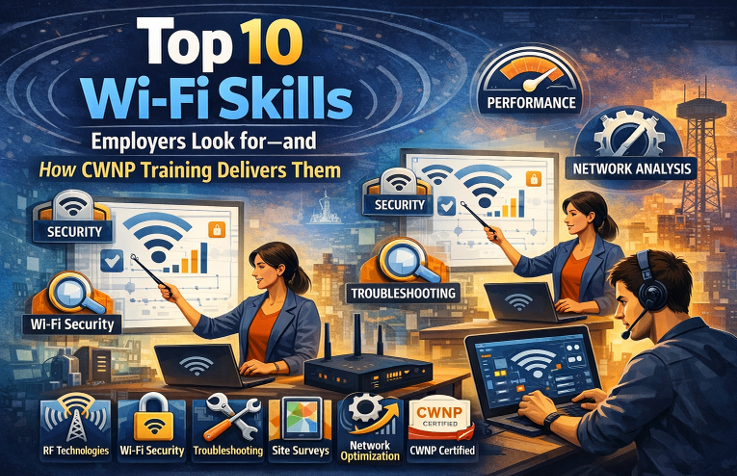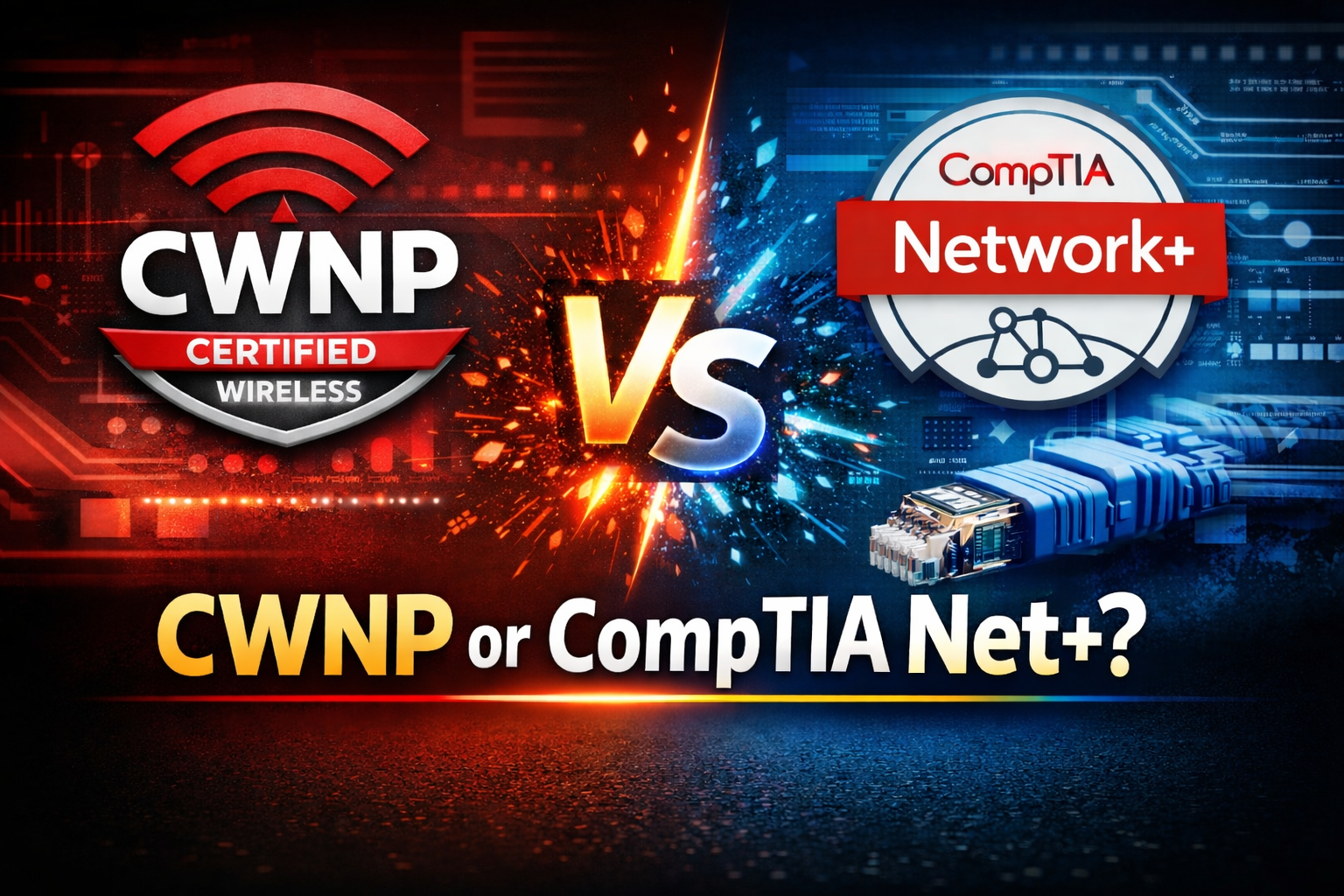2019 in Review
What a Year!
2019 has been a wild ride for NC-Expert! We started the year by becoming a CompTIA ( comptia.org ) partner in our own right. Until 2019, we had offered authorized classes through our partners but, in early 2019, we became a direct partner and can now offer these classes using our in-house team of instructors. We were thrilled to be granted this partnership.
Once again, we renewed our sponsorship of the WLA – the Wireless LAN Association – an association for professional wireless engineers. We support its mission of providing an invaluable service in the Wireless Network industry. The WLA’s main goal is to create a set of peer-reviewed standards, backed by some of the biggest names in the industry. In addition, it aims to create, and open, a dialog between the regulators-and-manufacturers of wireless networking equipment and the “boots on the ground” – the engineers who are responsible for making everything work in harmony. In fact, because we believe so strongly in the WLA’s mission that our CEO, Rie Vainstein, accepted an invitation to become CEO of this voluntary organization!
In 2019, we were pleased to present our fledgling Kali Linux Bootcamp and Deep Dive at the WLPC Conference in Phoenix, Arizona, and again (by popular demand) in Prague, Czech Republic! We have been overwhelmed by the positive responses received and look forward to offering this course to the general public as we progress into the New Year.
We continue to work with our partner CWNP ( cwnp.com ). Through our Instructor Team Lead, Phil Morgan, we were able to help CWNP create its new CWSP course which, since its release in September, we have been pleased to regularly present to our students.
We have spent a good portion of our year working diligently with our partner, Cisco ( cisco.com ), to author a portion of its brand-new portfolio. We are extremely excited to see the release date coming closer and look forward to teaching many more students and helping them progress in their chosen careers!
Cisco has plans to renew its entire portfolio in February and has been working with partners, including ourselves, to complete the task within the next month – an exciting time, with many new possibilities for our clients!
We are looking forward to an exciting New Year and expect to create new innovations to help our students achieve their knowledge goals.
===
If you would like to learn more about how NC-Expert can help train you, or your IT team, toward a better future, contact us TODAY
!
The post 2019 in Review appeared first on NC Expert.
NC-Expert Blog





